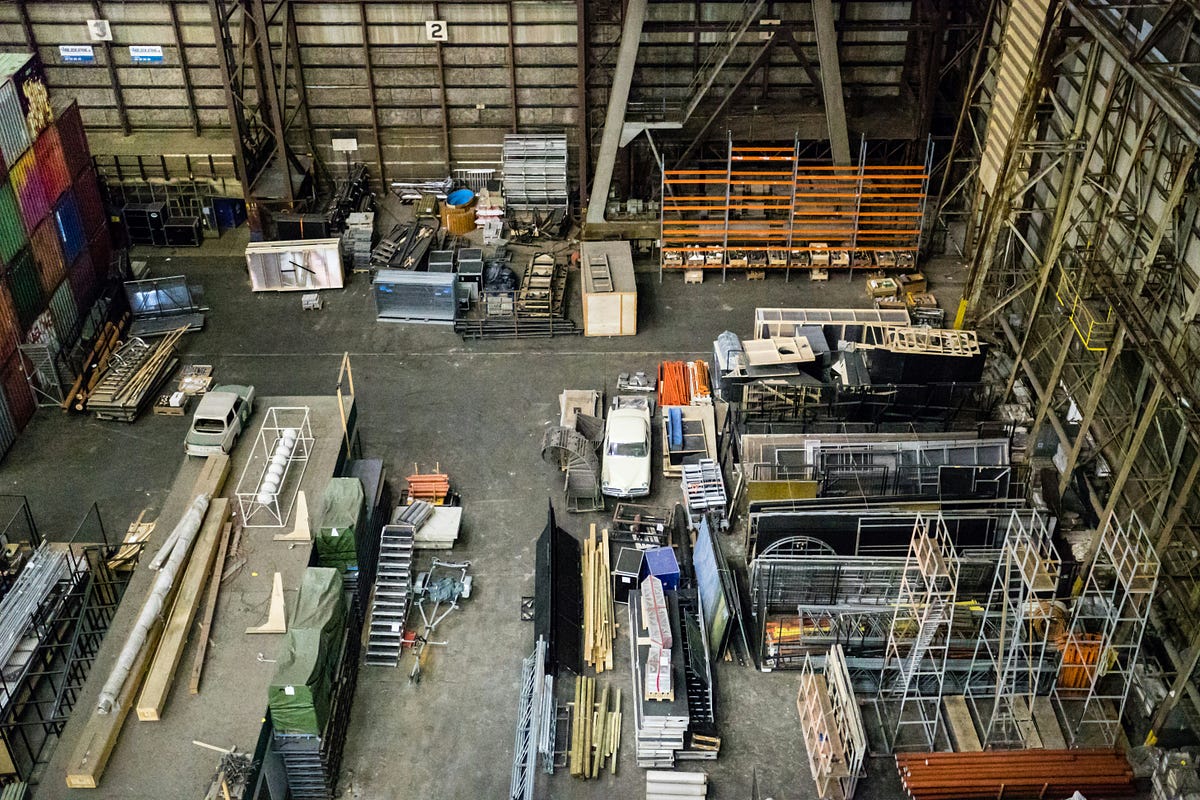Tariffs are back in the spotlight—and they’re doing no favors for apparel manufacturers in Denver. Once a blip on the radar, these trade restrictions are now a major disruptor to the flow of materials and finished goods. The impact is real: longer lead times, rising costs, and strained supplier relationships.
How Tariffs Affect the Apparel Supply Chain
The apparel industry relies heavily on global sourcing. Fabric, trims, zippers, and even packaging materials often come from overseas. When tariffs are imposed on imports from key countries like China, manufacturers in Denver feel the pinch.
Suddenly, that cost-effective shipment of cotton rolls is slapped with a duty, making it significantly more expensive. Multiply that across multiple components of a single product line, and the result is a tangled web of budget overruns and missed deadlines.
In short, tariffs slow the supply chain for apparel manufacturers in Denver by introducing both uncertainty and higher costs. What used to take three weeks now takes six. What once had a predictable margin is now a pricing gamble.
Delays That Impact Delivery and Reputation
Denver-based apparel businesses pride themselves on speed and reliability. Whether they’re fulfilling online orders or delivering wholesale to boutique retailers, time is money.
With tariffs clogging up customs and pushing suppliers to reroute through alternate countries, the entire production schedule gets pushed back. Lead times increase. Delivery windows tighten. Clients grow impatient.
And when you’re competing in a fast-fashion world, a two-week delay can mean losing the season—and the sale.
Rising Costs and Shrinking Margins
It’s not just about delays. Tariffs raise the base cost of materials. Many small to mid-sized apparel manufacturers in Denver operate on tight margins.
To cope, some businesses are raising their prices, but others are absorbing the hit. Neither is a sustainable long-term strategy.
These changes don’t just hit the bottom line—they affect every part of the business: budgeting, forecasting, marketing, and customer relationships. And it’s tough to build a stable brand when your costs change every quarter due to policy shifts beyond your control.
How Denver Manufacturers Are Adapting
To stay competitive, local apparel manufacturers are exploring alternative suppliers in tariff-free countries. Some are even reshoring portions of their production. Others are investing in supply chain software to gain better visibility into delays and cost changes.
It’s not easy, but innovation is becoming a necessity. Strategic sourcing, flexible warehousing, and smarter logistics planning are helping some businesses navigate the turbulence.
Conclusion
Tariffs slow the supply chain for apparel manufacturers in Denver—plain and simple. They increase costs, introduce delays, and add layers of complexity to an already challenging industry.
But resilience is part of the Denver mindset. Local manufacturers are rethinking how they source, produce, and deliver in a world where policy and pricing can change overnight.



